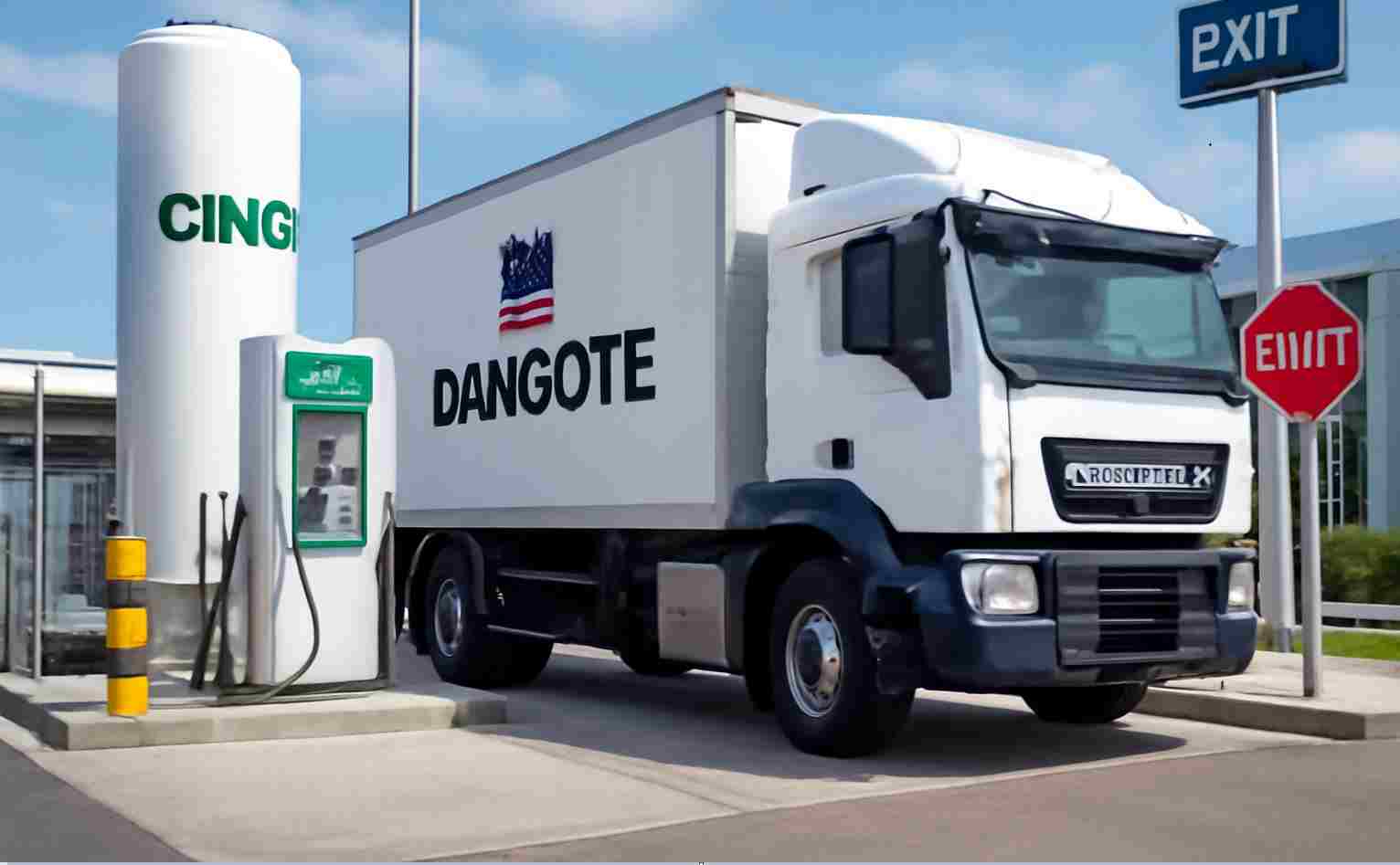The Nigeria Union of Petroleum and Natural Gas Workers (NUPENG) declared a nationwide strike beginning Monday, September 8, 2025, aimed at shutting down fuel loading and distribution.
The strike was triggered by a dispute with the Dangote Petroleum Refinery over labour and union rights.
NUPENG accused the refinery, owned by Aliko Dangote, of anti-union practices related to the refinery’s plan to import and deploy 4,000 Compressed Natural Gas (CNG)-powered trucks for direct fuel distribution.
These trucks would be operated by drivers who, according to NUPENG, are being forced to sign undertakings not to join any union.
- New Decision for Maryam Sanda as She Gets 12 Years

- China-Nigeria Sign $400m Deal to Boost Steel Production

- Ramping up Renewables in Nigeria After UN Emission Report

This action undermines the union rights of existing Petroleum Tanker Drivers who belong to NUPENG.
The union described this policy as a breach of constitutional freedom of association and international labour conventions to which Nigeria is a signatory.

NUPENG Dangote Strike
NUPENG insisted that they would halt fuel loading nationwide if the issue was not resolved.
The federal government, through the Minister of Labour and Employment, Muhammad Dingyadi, intervened to prevent the strike from proceeding.
A conciliation meeting involving all parties was summoned on September 8, 2025, in Abuja to resolve the dispute.
Dingyadi appealed to NUPENG to suspend the planned strike and urged the Nigeria Labour Congress (NLC) to withdraw the “red alert” issued in solidarity with the petroleum workers.
The government warned that the strike would cause widespread hardship and economic losses, emphasizing the critical importance of stability in the petroleum sector.
In addition to NUPENG, the Petroleum and Natural Gas Senior Staff Association of Nigeria (PENGASSAN) also backed the strike threat. It threatened to shut down refinery operations in support of NUPENG’s cause.
This showed a potentially wider labour solidarity action in the oil and gas sector, escalating tensions further.
Dangote refinery, a $20 billion facility, was inaugurated in May 2023 with a production capacity of 650,000 barrels per day. This was a significant step toward Nigeria’s energy security and reducing fuel import dependency.
The move to introduce CNG trucks raised fears among existing union drivers about job security and union representation. The introduction is intended to modernize fuel distribution, but has raised an industrial crisis.







